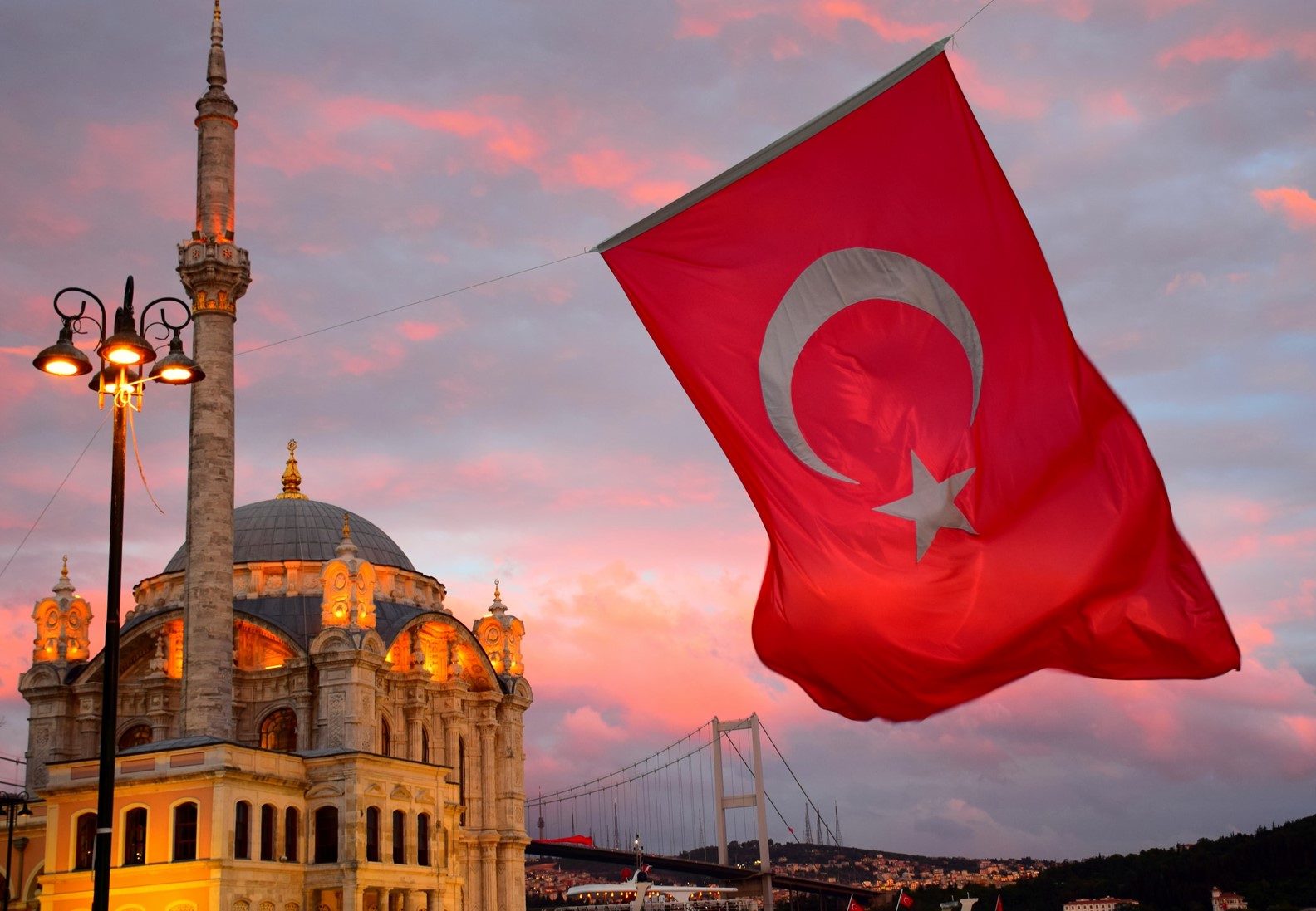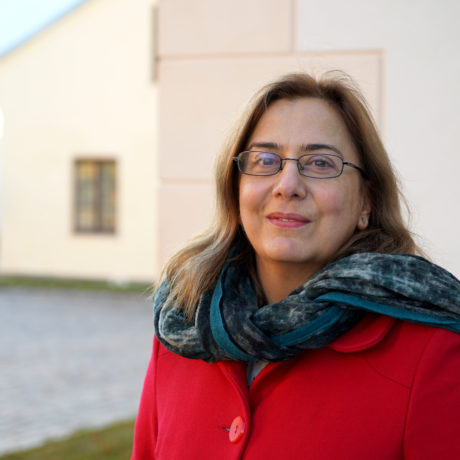This is the picture in Türkiye ahead of the 31 March local elections. While these are local elections, they hold national significance since the results will be interpreted as an indication of the level of support for President Recep Tayyip Erdogan, the legitimacy of his actions and the strength of those who want to see democratic change.
Civic space is an important aspect of open government, comprising a governance culture that promotes transparency, integrity, accountability, and stakeholder participation in support of democracy and growth, according to the Organisation for Economic Co-operation and Development (OECD). The global trend to restrict civic space is highly alarming; Civicus has found that the closure of civic space globally has resulted in the highest historic number of people living in closed countries.
The detention of protesters is cited as a top violation of civic space, as documented over the past five years. This is alarming for all countries involved but more so and in a different way for countries where the erosion of civic space has continued over a long period, weakening institutional and individual voices whose role is to ensure checks and balances.
Türkiye is one of the countries where civic space has been increasingly shrinking and weakening over the last decade, especially following the Gezi incidents in 2013, a wave of demonstrations initially to contest the urban development plan for Istanbul’s Taksim Gezi Park. The Civicus Monitor, which globally tracks civic space, ranks Türkiye 139th among 198 countries in its 2023 findings. A score of 27/100 marks Türkiye as a repressed country for civil society, a status that Türkiye has held since 2018.
Restrictions on participation in the civic space have created significant obstacles for activists, journalists, human rights defenders, civil society organisations, including human rights organisations and unions, and political parties in Türkiye. Legislative restrictions on associative rights, anti-terror legislation, restrictions on access to internet sites, and prosecution of human rights defenders, journalists, opposition and dissident figures take a toll on the state of human rights. In addition, Türkiye’s commitment to its human rights obligations has substantially weakened, with an all-time low due to its withdrawal from the Istanbul Convention on Violence against Women through a presidential decree 2021.
Türkiye issued bans to 150,000 websites in 2022, Türkiye’s Freedom of Expression Association (İFÖD) reported. These include web-based news outlets whose existence is critical in the face of the dominance of pro-government media. Committee to Protect Journalists revealed that 13 journalists were in prison in 2023, down from 40 in 2022.
Influential political opposition leaders are in prison or under threat of imprisonment. The former leader of the People’s Democratic Party, Selahattin Demirtaş, has been in prison since 2016. The Grand Chamber of the European Court of Human Rights (ECtHR) called for his release, holding that his detention goes against “the very core of the concept of a democratic society”.
Osman Kavala, a businessman involved in civil society work, has been in prison since 2017. He was convicted over the Gezi incidents for attempting to topple the government. Again, despite an ECtHR judgement and the Committee of Ministers’ call to release him, he remains in prison. The current mayor of Istanbul, Ekrem Imamoglu, was sentenced to two years, seven months and 15 days in prison for calling members of Turkey’s supreme election council “fools” in a press release in 2019. The sentence has not yet been implemented due to the appeals process. However, this court case, interpreted as politically motivated by his supporters, could result in his imprisonment at any point.
Consequently, opposition is censored, critics are silenced, and civil society and human rights defenders cannot effectively do their work. The ways of seeking change through peaceful and democratic means are undermined.
However, more than the restrictions on the civic space exasperate the challenges. It is also the domination of the civic space by the government and pro-government actors. One example concerns the media. Media Ownership Monitor Turkey has found that the media owners in the top ten list have close relations with the government. Journalist Merve Tahiroğlu reports that President Recep Tayyip Erdoğan “is able to exert significant influence over and even control more than 90 per cent of the country’s print, broadcast, and online media outlets”. Besides the public broadcasting agency TRT, the eight most popular networks are owned by just five holding companies whose owners enjoy solid personal ties with the President.
The TRT has a record of allocating more time to the President and pro-government content and ignoring opposition leaders. A report found that during a critical time leading up to the elections between 1 January and 10 February, the TRT allocated more than 32 hours to President Erdoğan and the AKP and only 25 minutes to Özgür Özel, the leader of CHP. On 12-13 February, while AKP’s Ankara, Izmir, and Istanbul metropolitan city mayoral candidates aired for 73 minutes, CHP’s candidates were not featured.
This is an accurate picture, despite a decree by Türkiye’s Supreme Election Council stating that public or private broadcasting channels must be neutral and ensure equal opportunity for political candidates.
The rule of law could have been the robust answer to resolving many of these issues that have gradually but drastically tightened the civic space and allowed pro-government voices greater space. However, the rule of law has gradually deteriorated, with even the Turkish Constitutional Court suffering from a lack of compliance by lower courts and fierce political opposition to its rulings.
While elections will take place under these dire circumstances, which create strong disadvantages for those who desire change, they are nevertheless a unique and rare opportunity for the public to choose and voice their opinion. The importance and need for independent media, strong civil society, the rule of law, and free and fair elections are deeply felt once again.

